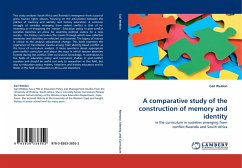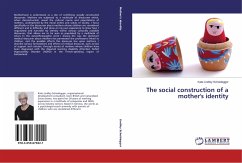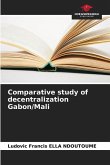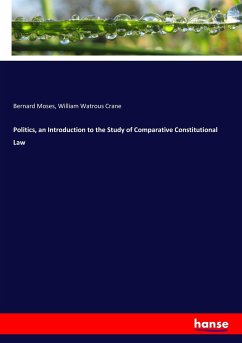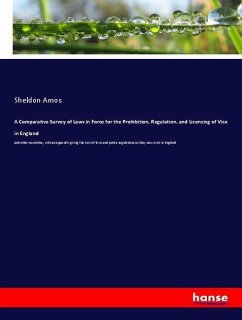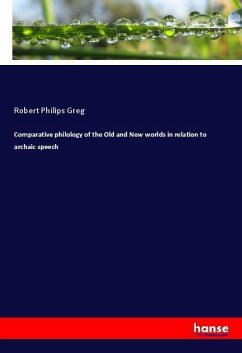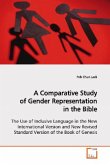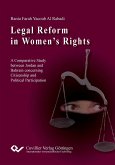This study analyses South Africa and Rwanda s emergence from a past of gross human rights abuses, focusing on the articulation between the politics of memory and identity and history education. A common struggle of societies emerging from violent conflict is that of re-inventing or re-imagining the nation . Education policy in post-conflict societies becomes an arena for asserting political visions for a new society - the history curriculum the means through which new collective memories and identities are reflected and asserted. The legacy of trauma is critical to the analysis educational change. This book examines the experience of transitional trauma arising from identity-based conflict as the focus of curriculum analysis. It raises questions about appropriate post-conflict curriculum and about the ways in which teacher identities formed during the conflict, filter curriculum knowledge. It contributes to the fields of education policy and curriculum studies in post-conflict societies and should be useful not only to researchers in this field, but also to education policy makers, historians and history educators and to NGOs in the field of education in Africa and elsewhere.
Bitte wählen Sie Ihr Anliegen aus.
Rechnungen
Retourenschein anfordern
Bestellstatus
Storno

